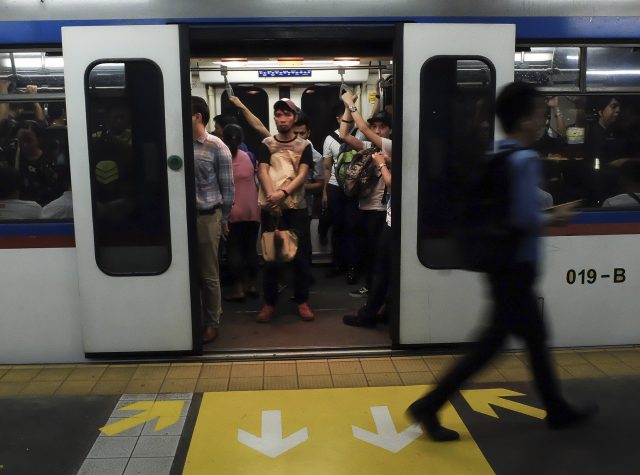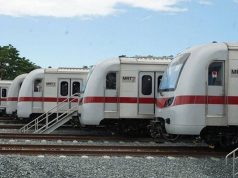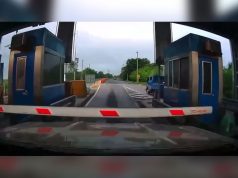MANILA, Philippines — The maintenance provider of the Metro Rail Transit 3 urged the mass transit firm and the Department of Transportation to abide by a recent court order to seek arbitration instead of terminating their service contract.
In a statement, Busan Universal Rail Inc. maintained it was “not remiss in its performance with regards to the maintenance” of the MRT-3 and that “terminating their service contract will not resolve the problems of the commuter rail system,” whose trains have continued to be plagued with constant breakdowns.
BURI’s call to follow the “rule of law” followed the October 13 decision by Judge Rosa Samson of Quezon City Regional Trial Court branch 105 granting the service provider’s petition for the DOTr and MTR-3 “to comply with the arbitration proceeding as stated in the MRT3 contract in accordance with RA 9285,” also known as “An act to institutionalize the use of an alternative dispute resolution system in the Philippines and to establish the office for alternative dispute resolution, and for other purposes.”
The court noted that the dispute had already been referred to the Philippine Dispute Resolution Center Inc., the agency mandated to resolve disputes between the government and private firms, on October 3.
“We are calling on the DOTr to abide by the court order. We believe that at the end of the day, our actual performance and compliance with contractual obligations could help the DOTr see the light and avoid a protracted legal conflict,” BURI said.
Terminating the service contract and withholding payments to BURI “not only lacks due process but likewise have placed the MRT operations in peril,” the firm said, as it insisted claims the “temporary stoppages” suffered by the mass transit system were because of its failure to “satisfactorily perform work obligations” were a “subjective opinion.”
BURI maintained it has “delivered and performed beyond its contractual obligations, met its key performance indicators, and delivered more than the required train availability to the system” and noted that, while it had “repeatedly reminded the DOTr about the completion of the rail replacement,” an order from Transportation Secretary Arturo Tugade for the MRT to “review loading protocols” has not been complied with, “as far as we know.”
It also claimed the glitches suffered by the MRT “are more reasonably due to design flaws — and not mainly maintenance issues,” pointing out that “through the years, the deterioration of the rails and passenger loading above the intended usage only worsened the system’s condition and resulted in more glitches.”
BURI said that in 2000, “when Sumitomo was maintaining the system in the MRT’s first year of operation, when the trains and rails were brand new and ridership was much less, the MRT-3 already logged 1,492 glitches.”
In contrast, BURI claimed it had brought up fleet availability to 91.67 percent, or 66 out of 72 cars, by August 15 this year, from 55 percent when it took over the maintenance of the MRT-3 in January 2016.
READ THE ORDER OF QC RTC BRANCH 105:










